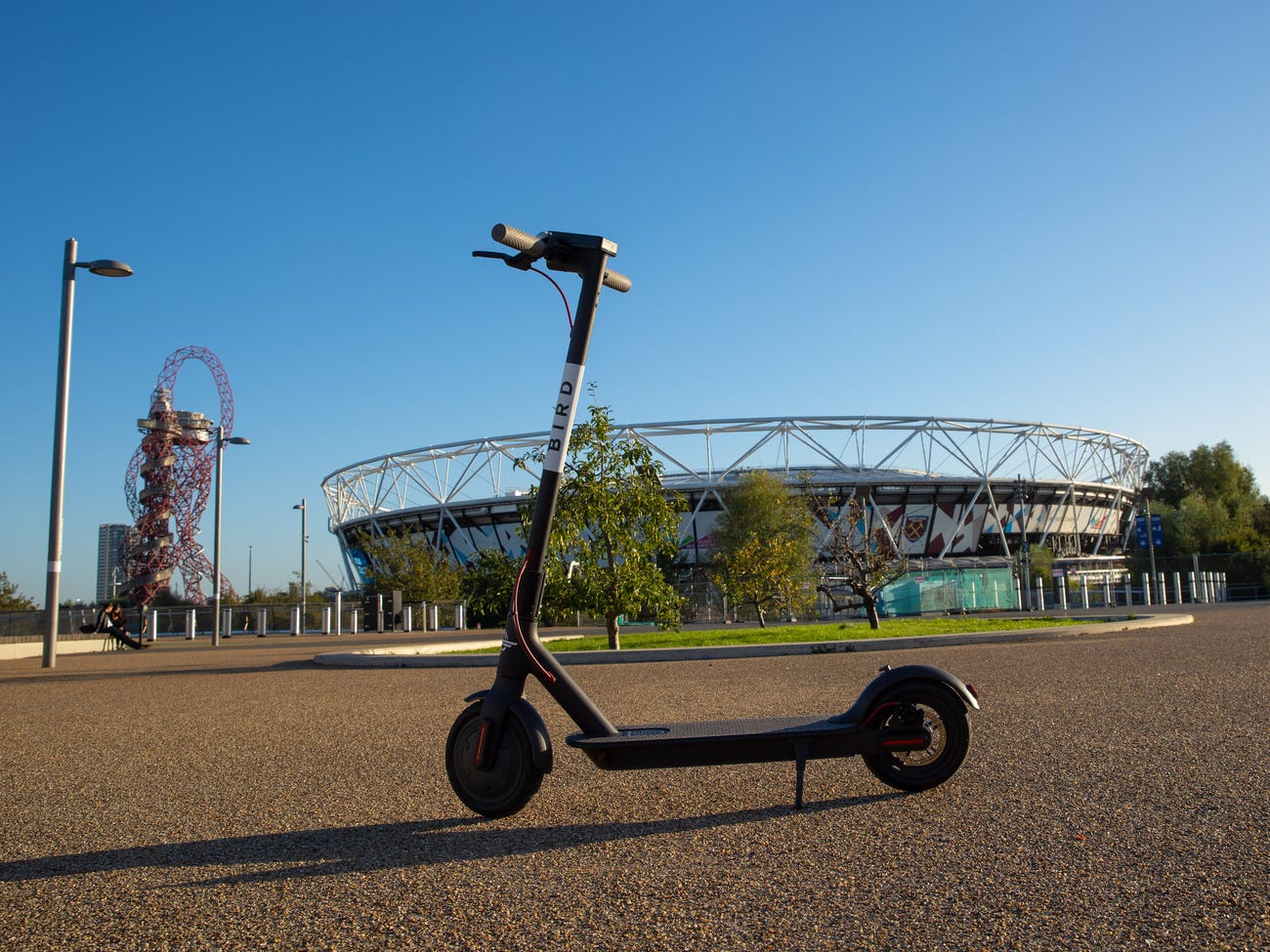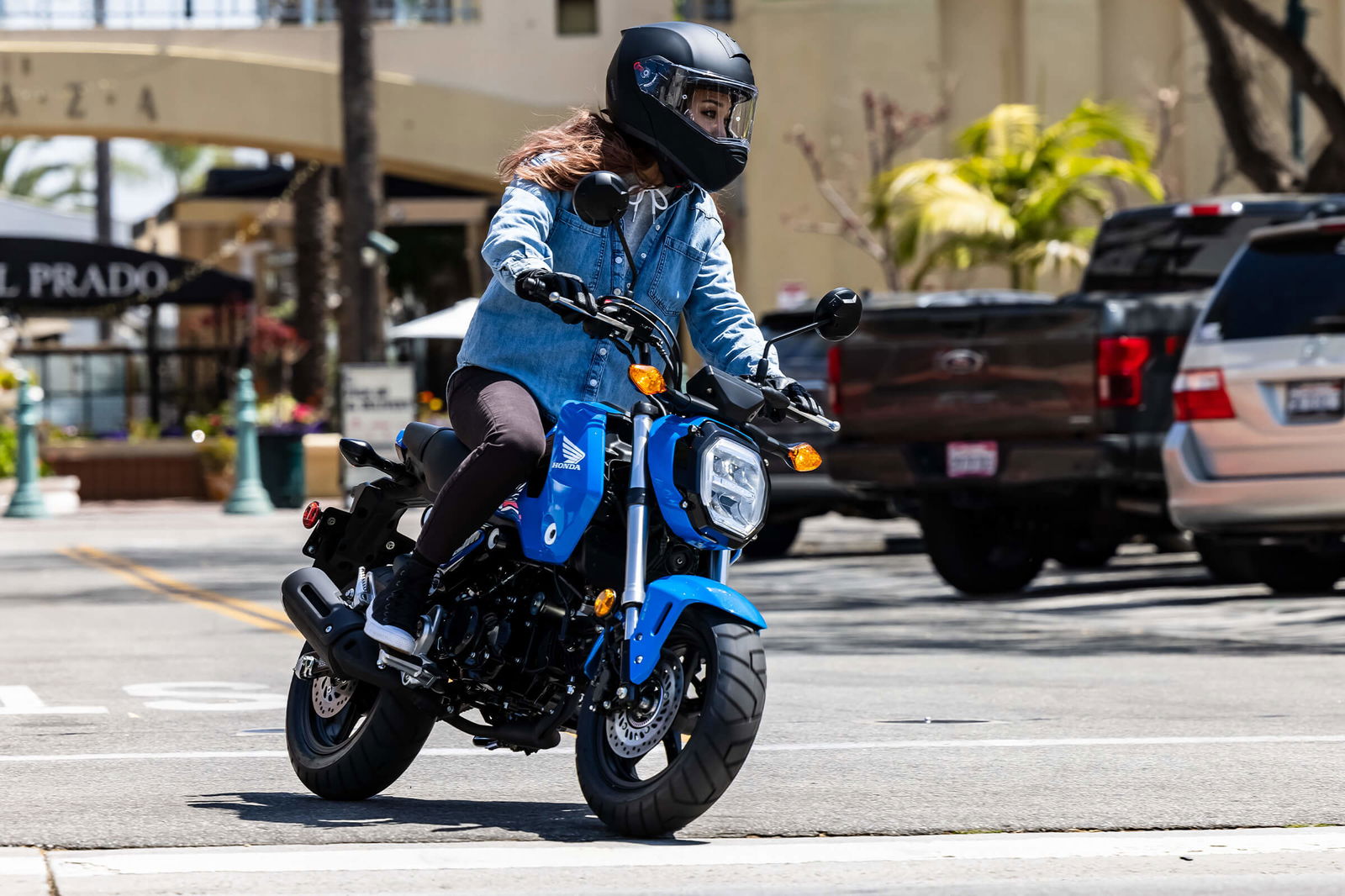New low-speed, zero emission regs look to target e-scooters
The UK government intends to create new legislation which will see e-scooters exist outside of motorcycle and motor vehicle rules.

THE British government looks set to introduce new legislation that will make provisions for a new vehicle category for low-speed, zero emission vehicles.
The Motor Cycle Industry Association (MCIA) reports that the intention of the new legislation is to “crack down on illegal use of e-scooters.”

These new laws are supposedly more flexible and adaptable, according to the MCIA, who say that the regulations would therefore be able to better keep up with the quickly evolving e-scooter sector.
There have currently been no final decisions made about the new legislation. The MCIA says, “Following a meeting we had with DfT’s Head of Micromobility yesterday, it was confirmed to us that the Bill’s timeline for publication is yet to be finalised, but is likely to be later this year.
“This means that no final decisions about regulations have been made, nor will they be until such point that the Transport Bill becomes law. MCIA will continue to work with officials and politicians in this space and will keep you updated as and when we know more about the contents of the Bill and what regulations might be proposed over the coming months, to ensure they work in the best interests of our sector.”
Ultimately, the regulations would look to formally legalise e-scooters, which to now have been marketed and sold regardless of their illegality.
The associations e-scooters have made to now have not exactly been positive, either. Rentals are often left lying around after their use, and their riders have little regard for other road users, or even themselves sometimes, as they can often be seen riding without helmets. It can often be the case that encountering an e-scooter rider on the road means a late scare, as their lack of lights means they can be difficult to spot in low-light conditions.
And that is just when they are on the road. It cannot be an especially rare experience anymore to be blown past by an e-scooter doing Mach 3.5 on a walk to the shops, or similar.
The new laws that seem to be on the way to regulate e-scooters are in theory a positive step. Clearly, the government wants people to use e-scooters as a ‘green’ and relatively cheap and straightforward form of personal transport, so continuing to allow their existence outside of the law was never going to be an option. Also from a safety perspective, because without regulations regarding their use, they have often been used poorly, and unsafely.
However, from another perspective, it is possible to argue that police have been unable to control prevent e-scooter use while they have been illegal, so to what extent can we expect them to be able to enforce any new regulations that come in regarding their use?
And, of course, without any concrete information about what exactly the new legislation will detail, and what parts of e-scooter use the government will actually look to regulate, it is difficult to have an opinion one way or another.
For sure, the regulation of e-scooter use can be a positive thing, especially if it becomes the case that they have to be registered, and therefore any illegal activity related to a particular e-scooter can be traced to its owner. And, while it is also possible that the legislation will actually have little positive impact, it would be unfair to pass judgement before the details of the legislation are confirmed.







